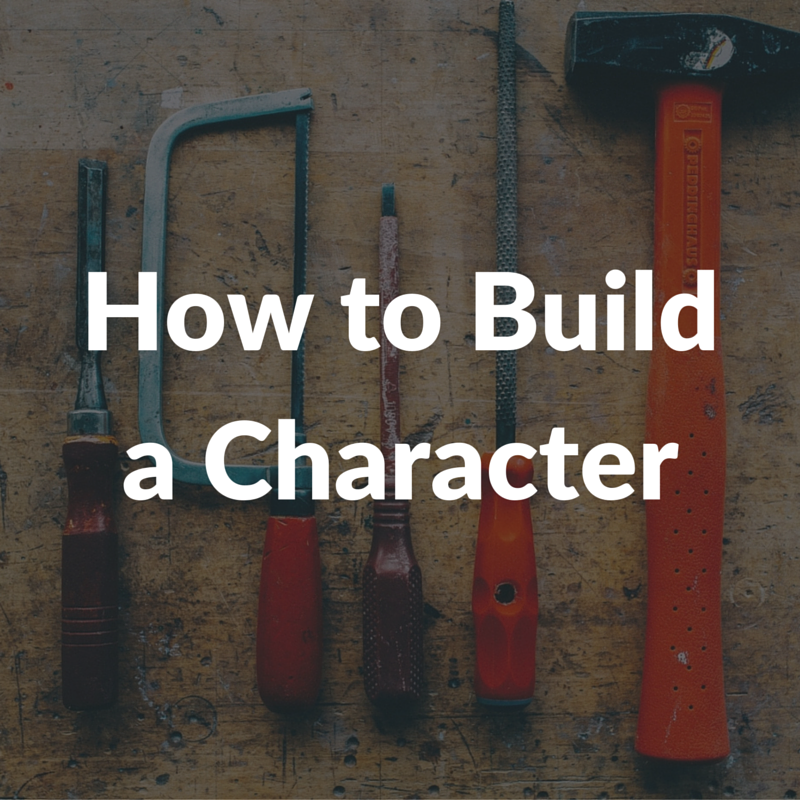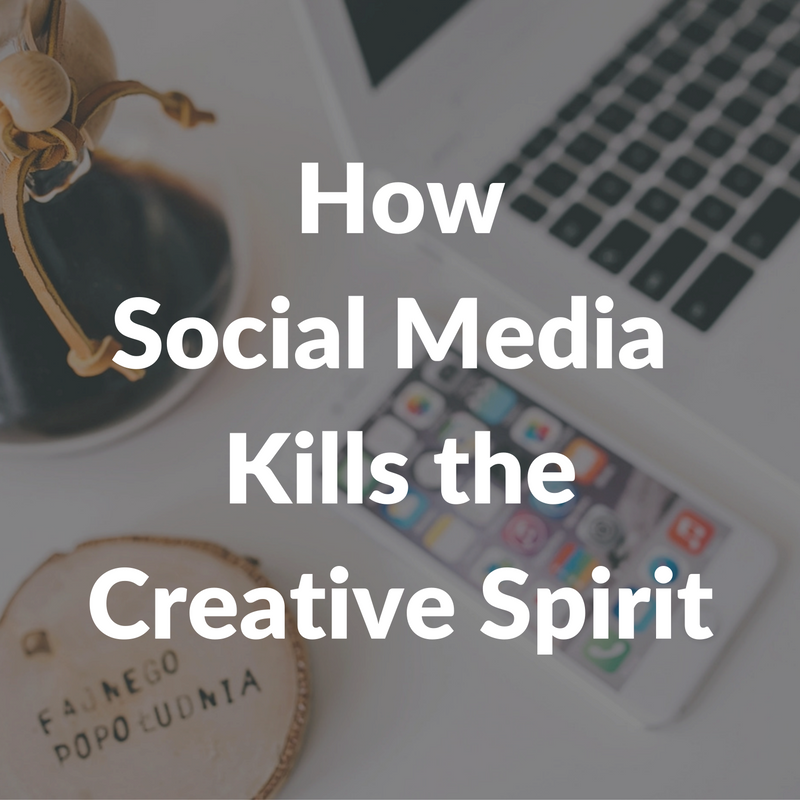This article first appeared in the Tennessee Writers Alliance Fall Newsletter.
Times are tough.
Publishers are cutting back on just about everything: coop, author tours, marketing dollars—heck, their staffs…
Newspapers are jettisoning their book sections. Magazines are going bankrupt, writing programs are being restructured, conferences are being cancelled. It is undeniably rough out there.
So what’s an author to do in the face of all this adversity?
Take advantage of the situation at hand, of course.
There’s never been a better time to create your niche. The Internet is an overwhelmingly underused resource for authors who want to market themselves.
And the best part? It’s free.
That’s right. You can launch a full-blown marketing campaign for free, and increase your reach for pennies more a day.
How?
By being smart about how you approach your marketing efforts.
We’ve all seen the authors who are simply out there screaming Me, me ME!!! They’re a big turnoff, right? They aren’t giving anything back to the community, they just want to foist their latest book on anyone and everyone they can possibly contact. They “borrow” mailing lists from listservs and spam the recipients with their newsletters, DM you like crazy on Twitter.
They are no fun.
You, on the other hand, are a glorious new author with something to say. So how do you go about saying it, getting your message out there, getting your book into the hands of loyal readers, without paying exorbitant prices and alienating possible friends and readers?
Very carefully.
While the Internet is free, the price you pay for misusing it can be deadly to your career. Every positive the Internet provides has a negative as well.
The first rule of Internet marketing? Everything you say, EVERYTHING, is recorded in perpetuity.
That slam on your editor? That nasty comment about your old teacher? The displeasure you have with… well… anything, all of that gets logged somewhere. Websites cache their material, which means even if you’ve gone back and deleted something, a version continues to live on.
So be careful what you say. Think before you comment. Follow the adage your mom always taught: If you can’t say anything nice, don’t say anything at all. You never know what sort of impact even the most casual negative comment can have.
Another quick bit of advice? Don’t ever, EVER engage a reviewer over a negative review.
Yes, it sucks that you got a one-star on Amazon.
Get over it.
That’s one person’s very subjective opinion. Unless the comments are slanderous or libelous (which is rarely the case), you need to let them go. If they are edging toward actual illegality, you can complain to the site owner.
But don’t engage the reviewer.
I know some authors feel that being a lightning rod gains them readers. I don’t agree.
I think the way you gain a readership is by doing two things: one, writing the absolute best book you can possibly write, and two, being a value-add author.
What do I mean by that? Let me give you a brief background on how I went about creating a platform for my work, and you’ll see for yourself.
In an industry that relies on the kindness of strangers, I’ve been incredibly lucky. Before I had an agent, I had a solid critique group, a membership in Sisters in Crime, a national organization that accepts published and unpublished writers, and a webpage on Publishers Marketplace, our bible.
That’s how I got my agent, by the way. He saw my webpage on Publishers Marketplace and asked for my manuscript.
Serendipity aside (I’d been writing him a query letter at that very moment), how did he find me on PM? My webpage was consistently in the top ten viewed pages.
How did I manage that?
I started a relatively one-sided conversation called “The Best Book I Read This Week.”
At the time, no one was doing it. People tuned in to see what I was saying, and voilà: page views translated into momentum. (Momentum is hugely important to your career, so tuck that into your caps for a moment.)
Suddenly, I had an agent, my book was out on submission, and I needed to work on my platform. Sisters in Crime wasn’t enough anymore, I needed to raise my profile. I joined Mystery Writers of America, got involved at DororthyL (a mystery listserve with thousands of active members), started making some friends out in the Internet world.
When I saw something that caught my eye, I reached out. I found a cool PR site called Bad Girls PR, run by a lovely woman named Pari Noskin Taichert. I sent her a note, complimented the site, said I hoped I’d be a bad enough girl to need her services some day, and went about my business. But Pari responded, we started chatting, and several months later, when she decided to start a marketing blog, I came to mind. (Four years later, our blog, Murderati, has been nominated for awards and is one of the longest-running group blogs in crime fiction.) Editor's note: in 2013, after a seven-year run, Murderati closed it's doors.
Back to momentum. My first manuscript didn’t sell, and everything seemed to come to a screeching halt. My agent suggested I try writing a new book, which I did. During that time, though, I didn’t abandon my online efforts. I kept up with Murderati, DorothyL, and several other listserves. I continued my weekly book picks on PM. I started writing short stories and placing them in e-zines, raising my profile even more. And I volunteered to be a book reviewer for an online site, which enabled me to read everything I could get my hands on, knowing that reading is the key to better writing.
All of that paid off.
When my agent took the second book out onto submission, I now had a solid online platform. I was a crime blogger, a reviewer, a participant. The editors at the houses knew I was plugged in to the crime fiction network, that I had built myself a base of followers even before I sold my first book.
And it worked.
My first deal was for three books. So was my second.
Momentum. In this industry, it means a lot.
The beautiful thing about the Internet is how it’s grown in the past few years. Facebook, Twitter, Instagram, Goodreads… I could go on and on. The places to market yourself are out there for the taking. There are still a million listservs catering to every genre imaginable. Organizations abound. Volunteer opportunities exist.
If you build it, they will come.
And since the Internet is a virtually cost-free marketing tool, anyone can do this. Just be smart about what you do. Don’t push yourself on people, be a value-add author. Give them something back. Give them something they didn’t know they needed in the first place, and you’ve conquered what marketing is all about. Because isn’t that what we do every time we write a book or a story? We create something from nothing, and work to get that into the hands of people who didn’t realize they wanted it in the first place. Crazy, huh?
Things to remember about marketing online:
Respect your platforms.
If you send out too many notifications, people simply tune you out. My newsletter goes out monthly. Publishing works slowly enough that you don’t need much more than that to get your news out. Everyone’s time is precious: if you treat them with respect, you’ll get respect.
What works for one won't always work for others.
As frustrating as this may be, it’s the truth. You can follow every single step I took online and still not see the benefits. The trick is to be original, be open and willing, and be flexible. You never know where that next opportunity may come from.
Don’t compare or compete.
Professional jealousy is an occupational hazard. Don’t fall into that trap. Each book, each author, is wildly different. Jealousy causes negative energy, which will trickle out in your attitude. Remember that comparing yourself to another author is like comparing apples and oranges – they don’t measure up properly.
Be polite.
Always. Don’t engage, don’t be mean and spiteful, don’t gang up on people. Cyber-bullying isn’t just a problem in our schools. And especially don’t put your woes and frustrations online. Limit those conversations to your trusted friends. The Internet is not a giant group psychotherapy session, nor a group hug.
Don’t give up.
When one door closes, a window opens. Things fall through. Media doesn’t get played, articles don’t get placed, short stories get bumped. Promises, sadly, do sometimes get broken, but if you can keep a healthy perspective on the industry, you’ll do fine.
Be open to new experiences.
This is a foreign landscape for many people. If you limit yourself from the beginning, you may miss out on things.






